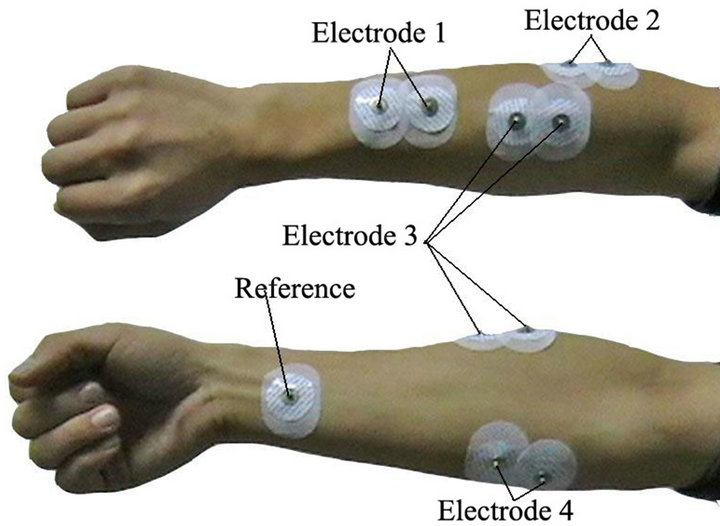|
The Industrial Internet of Things (IIoT) is revolutionizing the way industries operate, enabling greater efficiency, productivity, and connectivity. With the convergence of advanced technologies and the power of the internet, IIoT holds immense potential to transform traditional industrial processes into smarter, more interconnected systems. At its core, IIoT refers to the network of physical devices, machines, sensors, and software systems that communicate and exchange data with each other over the internet. This interconnectedness allows for real-time monitoring, predictive maintenance, data analytics, and automation, leading to optimized operations and improved decision-making. One of the key advantages of IIoT is its ability to enhance operational efficiency. By connecting machines and equipment, businesses can gather valuable data about their performance, energy consumption, and maintenance needs. With this information, they can proactively identify and address issues before they escalate, minimizing downtime and optimizing production schedules. Furthermore, IIoT enables remote monitoring, allowing operators to monitor critical processes from anywhere, improving operational flexibility and reducing costs. Another significant benefit of IIoT is its role in enabling predictive analytics. By collecting vast amounts of data from various sources, such as sensors and machine logs, businesses can leverage advanced analytics algorithms to identify patterns, detect anomalies, and predict future outcomes. This predictive capability empowers organizations to anticipate and mitigate potential failures, optimize resource allocation, and streamline decision-making processes. Moreover, IIoT facilitates the integration of physical systems with digital platforms, creating a seamless connection between the physical and virtual worlds. This integration opens up opportunities for intelligent automation and robotics, reducing manual interventions and increasing operational speed and precision. Automated workflows can be designed to trigger actions based on specific events or conditions, enabling self-regulating systems that adapt to changing circumstances. However, with the increased connectivity and data exchange inherent in IIoT, there are also challenges that need to be addressed. Security and privacy concerns are paramount, as industrial systems are vulnerable to cyber threats. Robust security measures, including encryption, authentication protocols, and intrusion detection systems, must be implemented to safeguard critical operations and sensitive data. the Industrial Internet of Things is transforming industries by connecting devices, machines, and systems in intelligent networks. The benefits of IIoT include enhanced operational efficiency, predictive analytics, and intelligent automation. However, it is crucial to address security risks and ensure robust cybersecurity measures to fully harness the potential of IIoT. With continued advancements in technology and increased adoption, the Industrial Internet of Things is poised to reshape industrial processes and drive the next wave of innovation.  |
